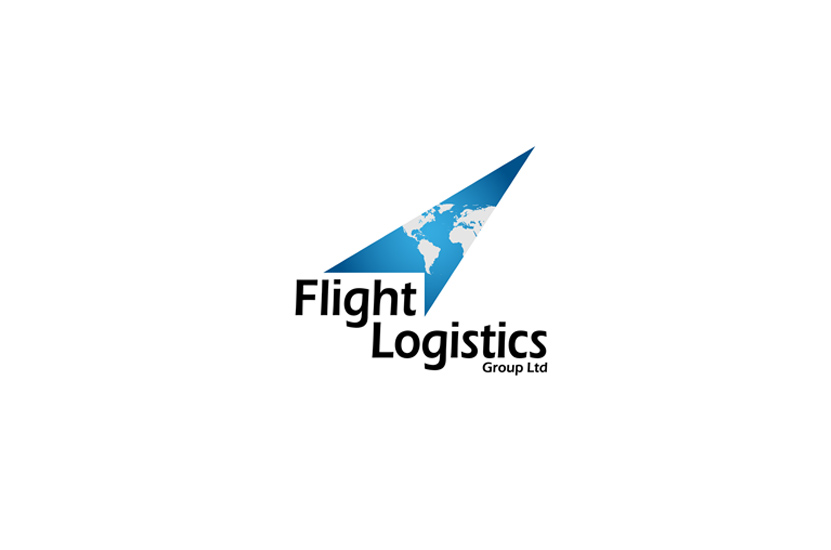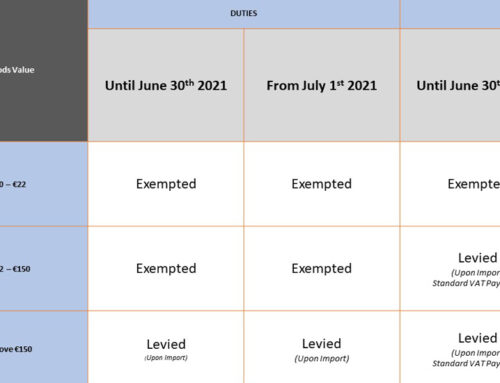According to statistics provided by the NHS, 1,319,514 people in England alone aged between 19 and 64, contacted a mental health service in the year between 1 April 2017 and 31 March 2018.
It’s quite clear that most people don’t want to admit that stress or anxiety might be the reason they’ve taken time off work? The fear of being deemed to be “weak” or “incapable of managing a job” are commonly held misconceptions. With more mental health awareness being encouraged should businesses approach staff welfare with a more pastoral approach? What does this add to the “cost of doing business”? And how prepared are businesses to accept that they may need to take responsibility in some instances? Here’s how we are attempting to meet that challenge.
Our Story – Flight Logistics Group
We value and care about our employees, our success depends on them, they are the glue that holds our business together. It has become more apparent over the past 2 or 3 years that the pressure to maintain the work / life balance for some has become more and more of a strain, and that as an employer we have a duty to play a more supportive role in the work place. Issues at home affect performance at work and vice – versa and sometimes one issue creates another and the cycle is constantly fed!
We know that for our part our particular working environment is pressurized. We are in the business of working to daily, hourly, monthly deadlines and targets, that’s an inescapable fact of the industry we are in. Like many other businesses we don’t carry an excess staff resource, everyone is busy all of the time, holidays and sickness cover puts that staff resource under more pressure, new contracts add to the workload but no one in their right mind turns away new business!
Significantly since the BREXIT vote almost 2 years ago, recruitment and increasing our staff resource (even on a temporary basis to cope with seasonal surges) has proved to be tricky at best and impossible at worst. Even using a mix of job sites, our website, recruitment agencies, the Job Centre and social media, it takes months to find suitable applicants for permanent roles and agencies simply don’t have the pool of temporary staff they had since the uncertainty of post Brexit Britain led to an exodus of EU workers.
So we aren’t making any bones about the fact that our staff work under increased pressure as they have to increase their own workload, to maintain our target deadlines and output rates. If any of those staff face additional domestic pressures one simply compounds the other.
Our Solution
In order to try and mitigate our corporate demands on the people that work for us and with us, we selected an Employee Assistance Program (EAP) to deliver support on 2 levels:
- Staff, Spouse and Dependents – have access to free, practical and structured internet based information on physical and mental wellbeing and health, with advice for those who want to self-manage issues or simply make changes to lifestyle.
- Staff, Spouse and Dependents – have access to free, private, professional, confidential one to one counselling. Contact is either by phone or face to face or a combination of both and it is tailored totally to the individual and controlled by them. This is an entirely confidential service – not managed by us, logged or reported to us and we have no input or participation in it.
Our EAP program is an additional overhead but stop – but when you weigh up the cost of covering for stress related absence or replacing or re-training others for the role of an absentee it is invaluable!
Whilst running the program we of course remain open and approachable to any member of staff who simply wants to raise a work-related issue or perhaps a personal issue from home. We aren’t trained professionals but we want to encourage people to know that we can listen without judging and we can point them in the direction of professional help if they require it. Sometimes people just need an “E.A.R.” rather than an “E.A.P.”!















